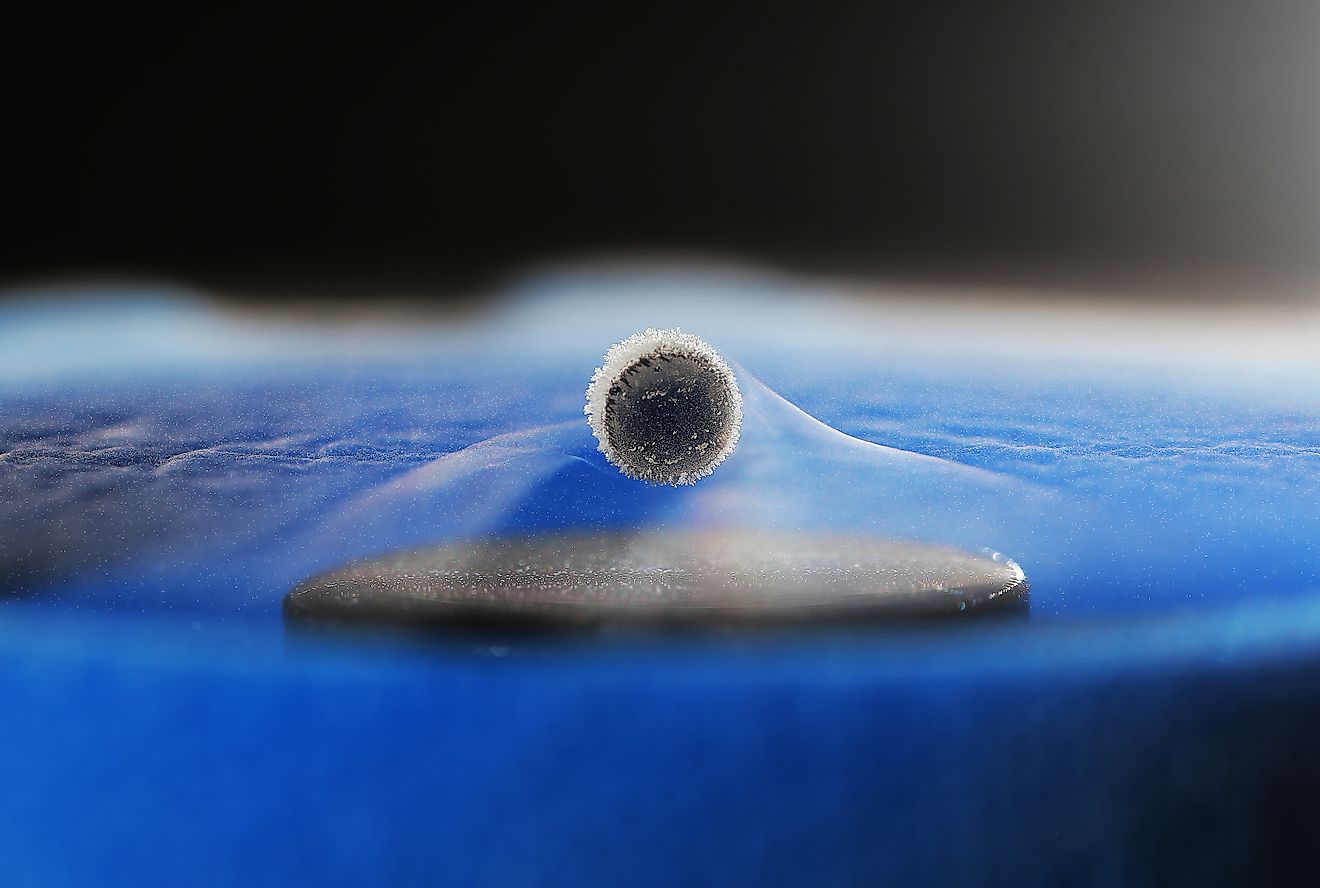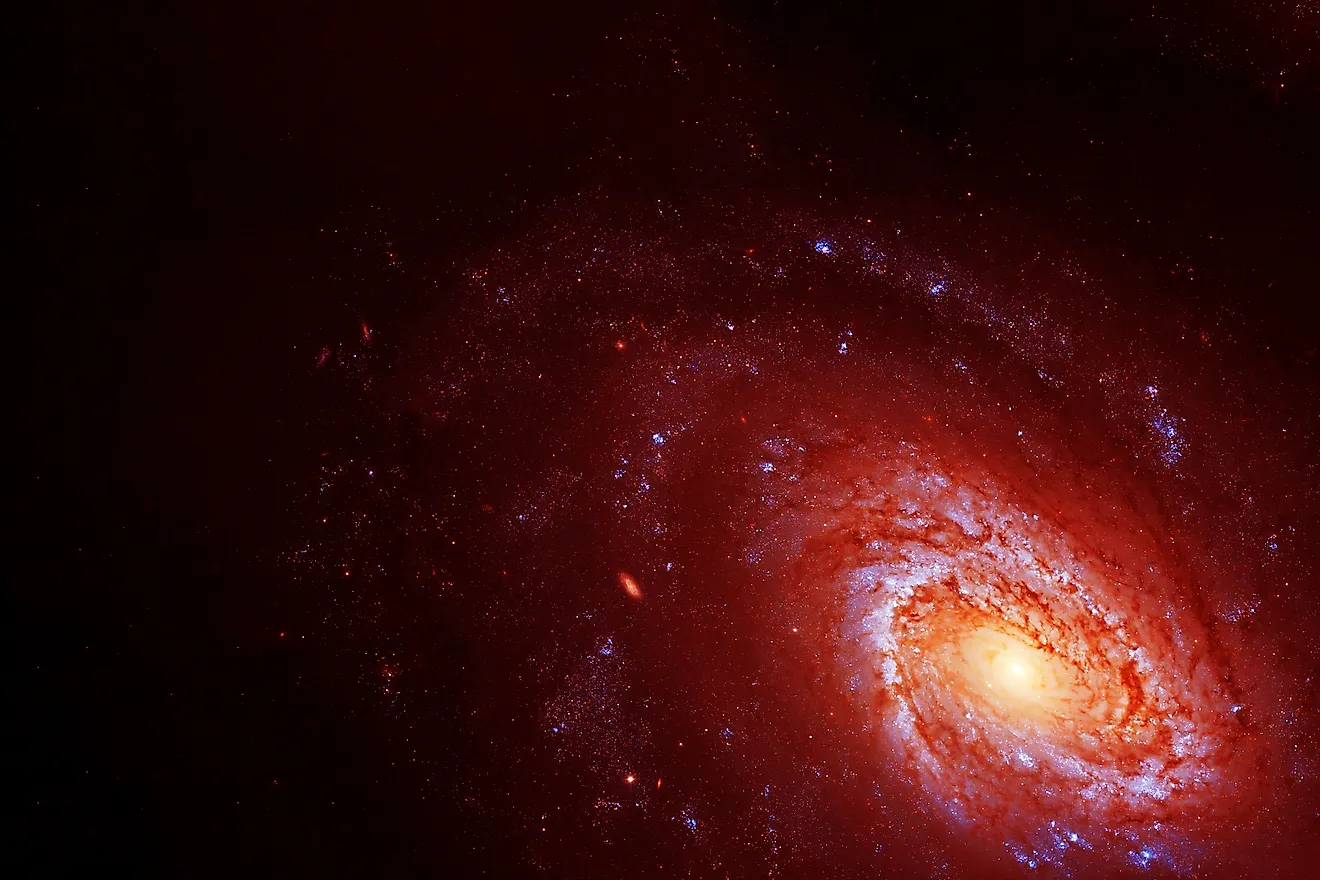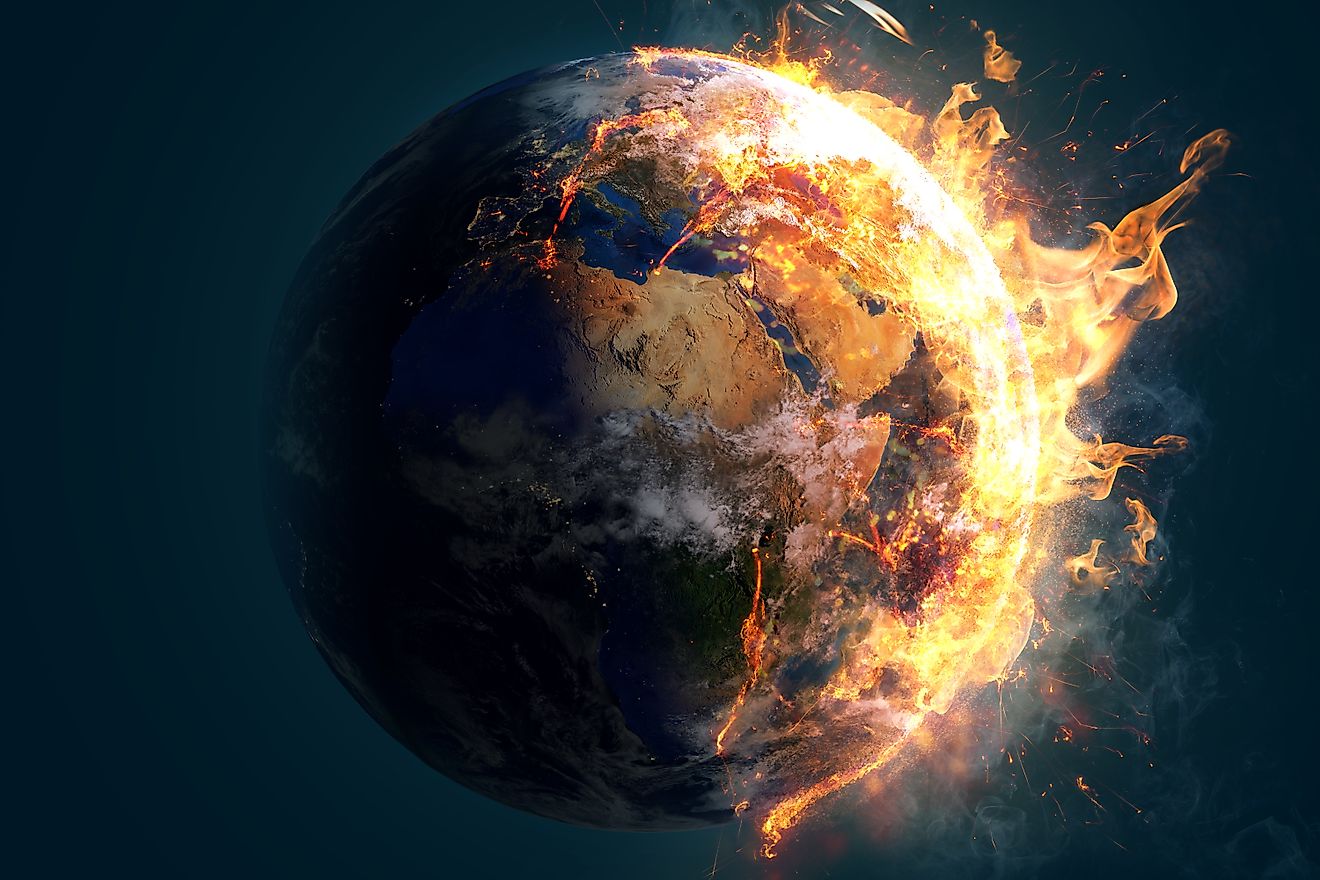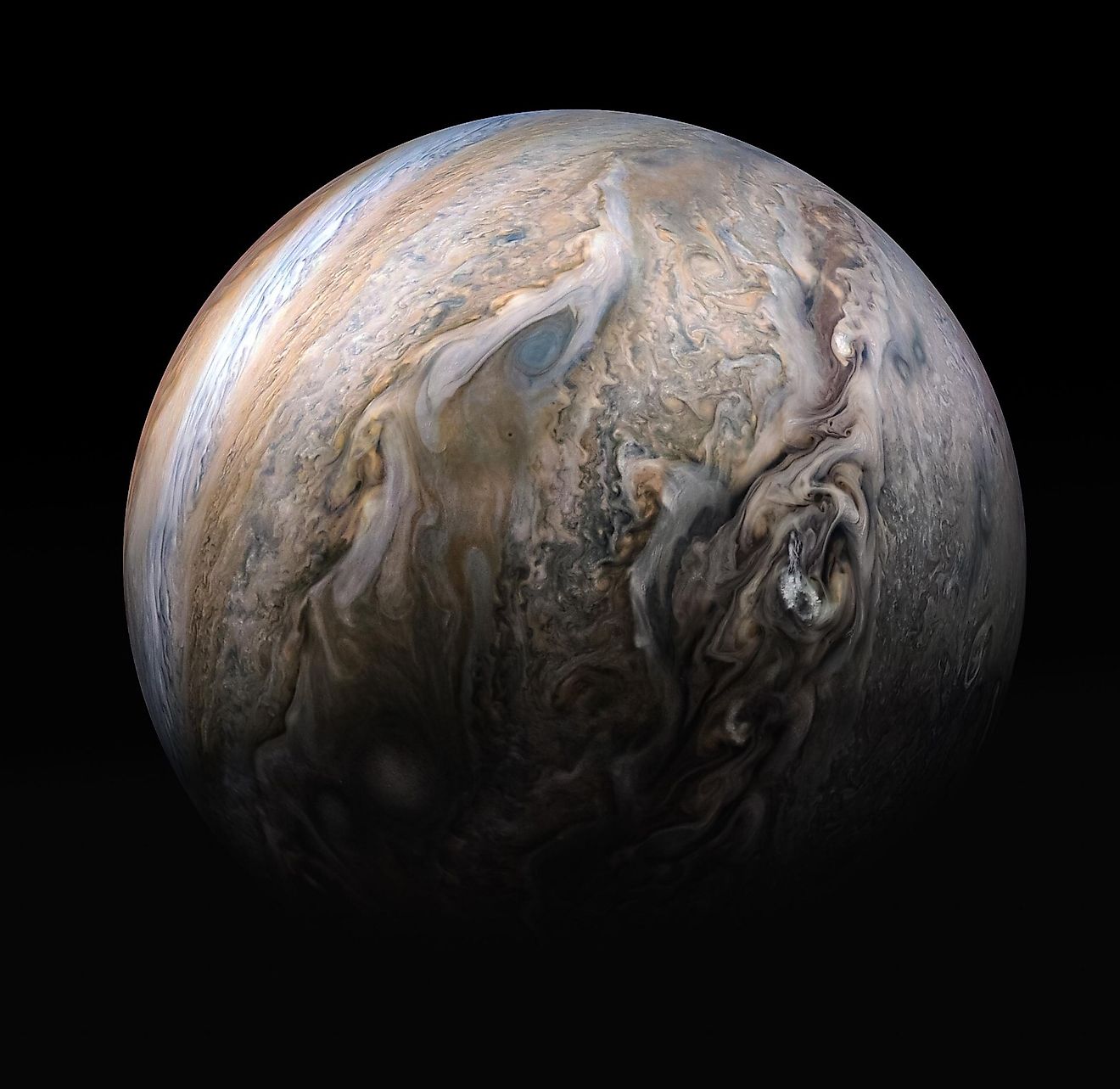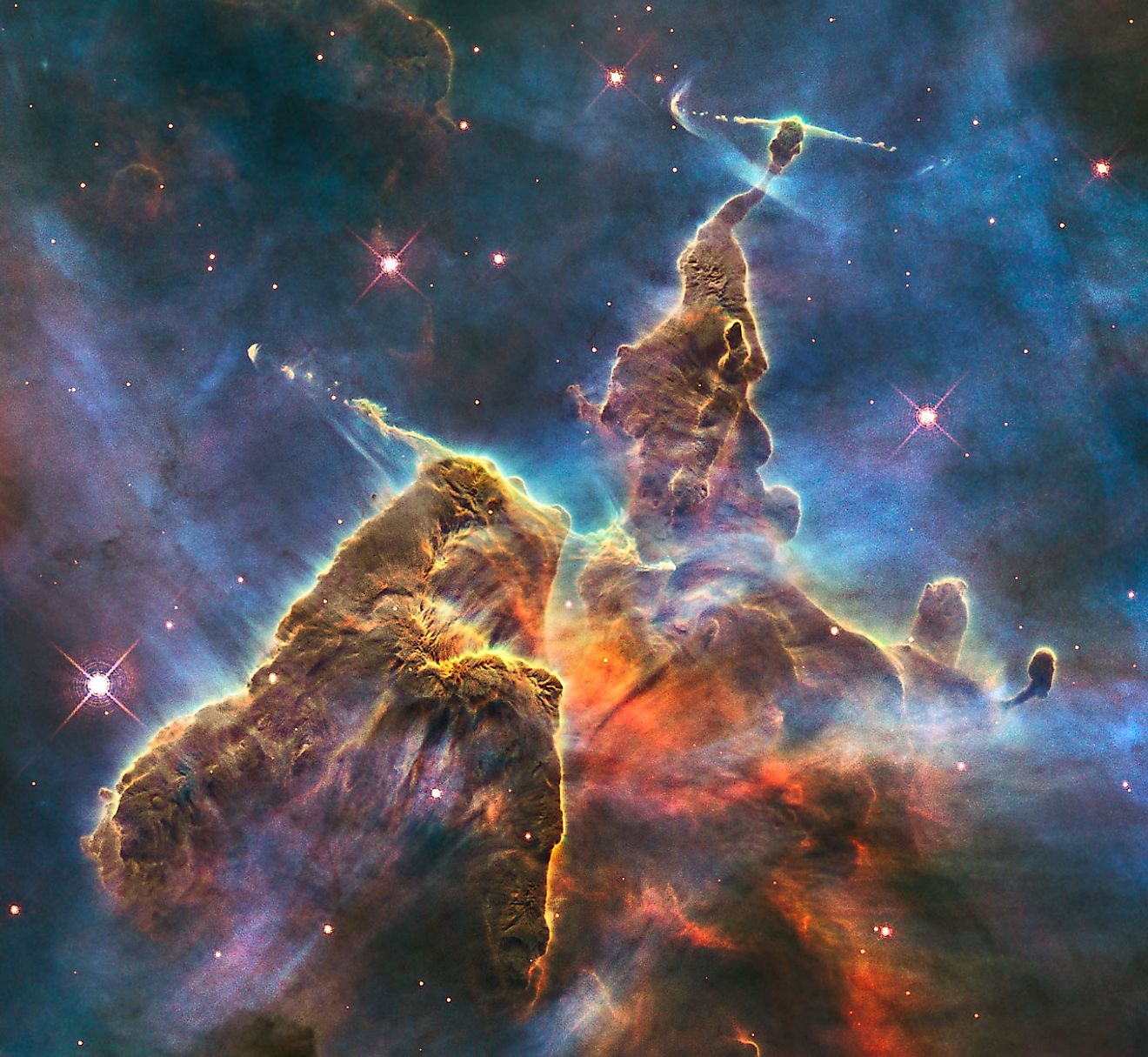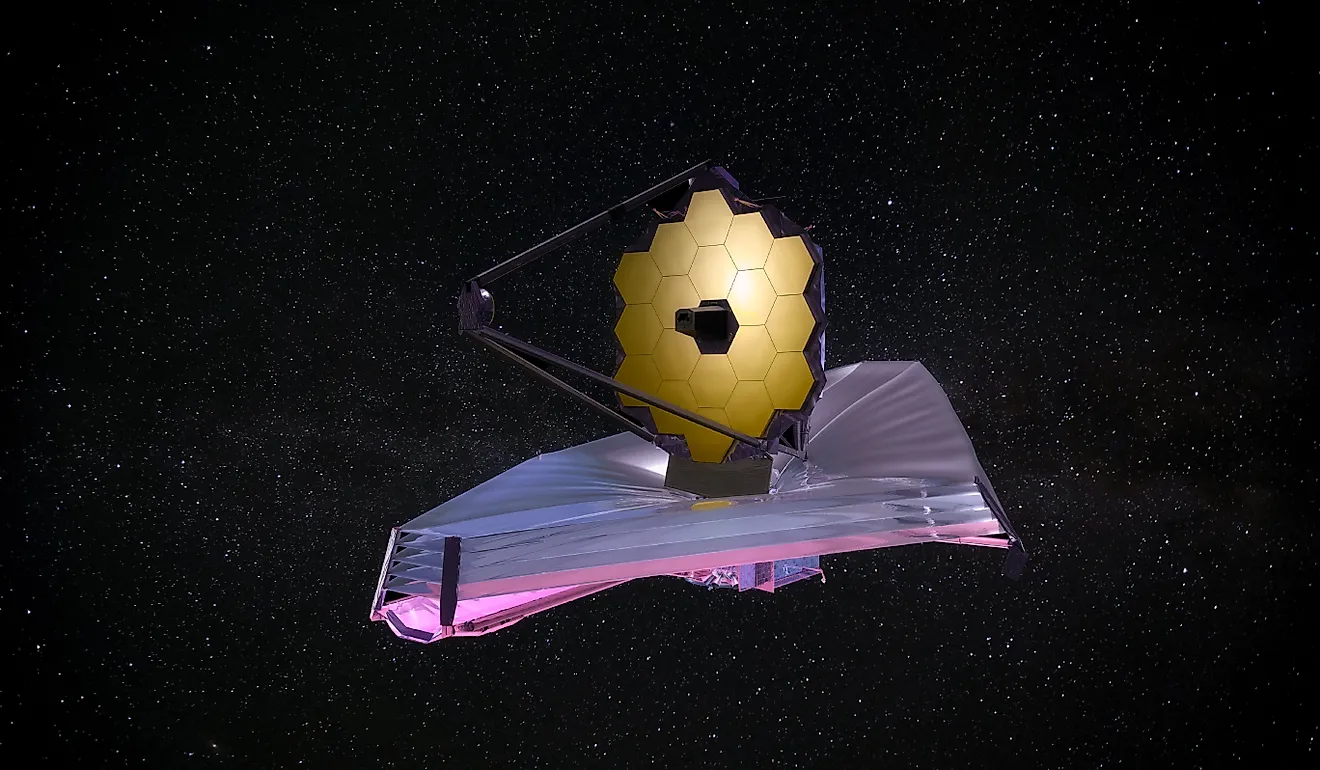
Tree Rings Reveal Evidence Of Radiation Storms
Over the last 10,000 years, there have been a number of spikes in radiation bombarding our planet. The evidence of these events comes from tree rings in the form of sudden increases in radiocarbon levels. Some of these sudden spikes in radiation are 80 times greater than the largest known solar flares, and their exact origin remains a mystery. These events occur once every 1,000 years or so and are called Miyake Events, named after the lead author of the first study to describe them.
Radiation Storms

Tree rings have long been a reliable source for studying the recent history of our world. Every year, trees form concentric rings that indicate the age of the tree, as well as the conditions the tree lived under, including the amount of radiation in Earth’s atmosphere. When the atmosphere contains higher amounts of radiation, trees will contain a higher abundance of the isotope carbon-14, and so by measuring the amount of carbon-14 within tree rings, scientists can determine the amount of radiation that is present in Earth’s atmosphere each year. By studying trees that are thousands of years old, scientists have found clear evidence of massive outbursts of radiation on Earth over the last 10,000 years. At first, scientists assumed that these radiation storms were likely caused by solar activity, and so scientists decided to try and link patterns in the sun’s solar cycle with these past radiation storms. Interestingly, there is no evidence that these outbursts of radiation match up with peak solar activity, and so it seems as though the sun is not the cause of these storms. Furthermore, even the largest solar flare ever recorded, called the Carrington Event, was nowhere near as strong as these radiation storms.
Another proposed explanation was that these radiation storms were caused by supernovae or super-flares, yet other forms of evidence suggests these events are not the cause. Although supernovae and super-flares have caused increases in radiocarbon in the past, these events also tend to leave evidence in other areas such as in ice cores. Unfortunately, there is no evidence of these types of events occurring at the same times as Miyake Events. As of yet, scientists do not know what is causing these events.
Cosmic Hazard

Miyake Events are significantly stronger than any solar flare that has ever been recorded, and the amount of radiation produced by these events would likely pose a significant threat to our civilization. Not only could the amount of radiation pose a potential threat to human health, they may also cause significant damage to electoral grids around the world, potentially knocking out forms of communication and causing mass outages. Based on how often Miyake Events occur, scientists predict there is a 1% chance of one happening in the next decade, yet the current lack of data on what causes them means we have no way of accurately predicting when they will occur.
